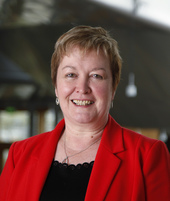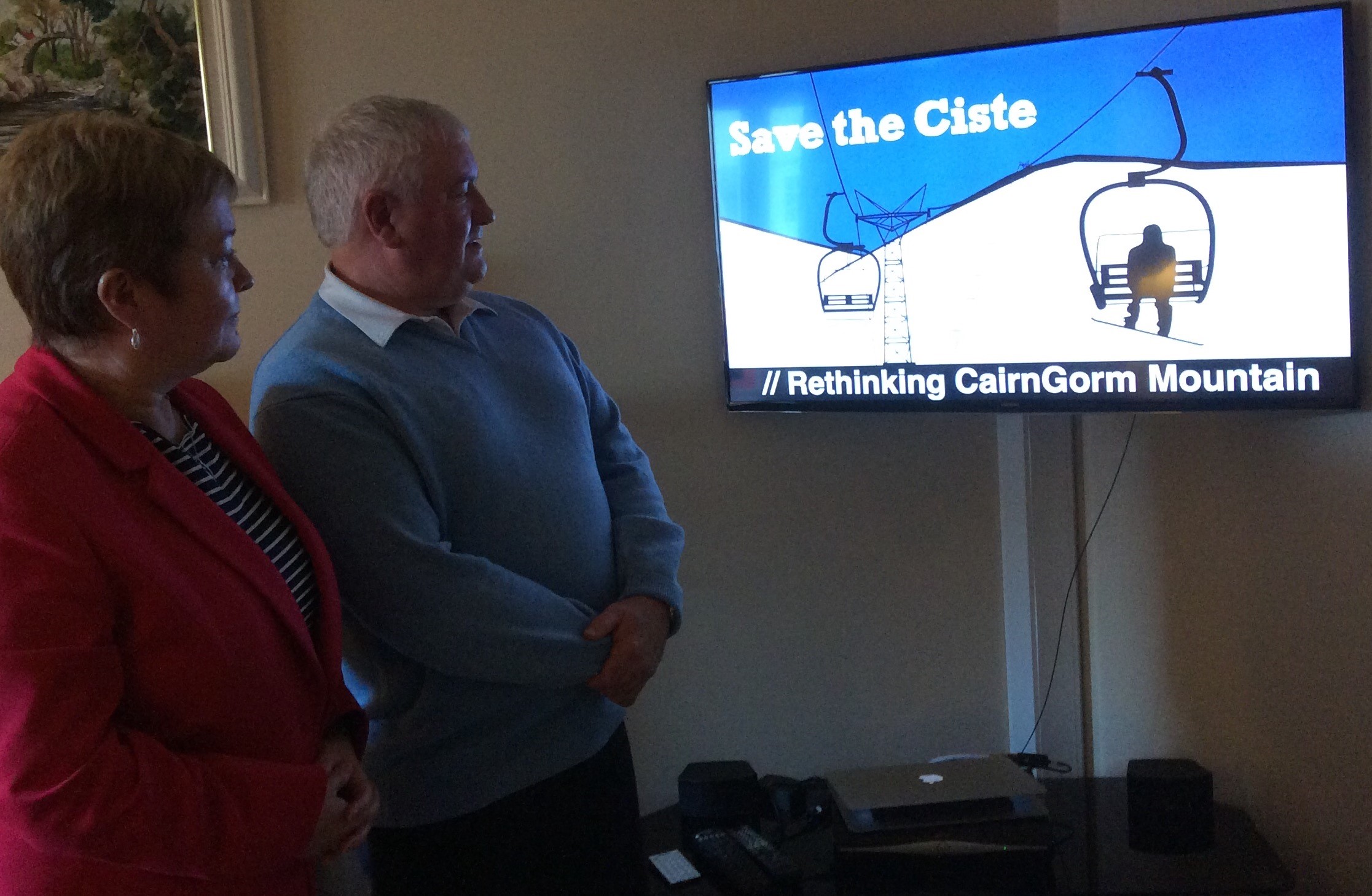Highlands & Islands Regional MSP Rhoda Grant was concerned to learn that five patients travel from Skye to Raigmore Hospital three times a week for kidney dialysis treatment.
When a patient’s kidneys fail, dialysis treatment keeps the body in balance by removing waste, salt and extra water to prevent them from building up in the body.
The MSP communicated with the Elaine Mead, Chief Executive of NHS Highland to ask if they had considered installing one dialysis machine into Broadford Hospital for the use of locally based patients. In the response Rhoda Grant was advised that up until two years ago nobody was requiring haemodialysis in the area. They concluded that they were trying to find a local solution to respond to the current need.
Rhoda Grant said: “Patients traveling from Skye three times a week to Raigmore Hospital for treatment is not acceptable in this day and age. This is a particularly long journey to make and also expensive for those having to travel and NHS Highland with regard to expenses. I understand that this is a challenging situation for NHS Highland to address given the fluctuations in demand for such services in the Isle of Skye, but I would have thought having a dialysis machine located in Boardford Hospital would be the answer.”
Highlands & Islands Regional MSP Rhoda Grant was concerned to learn that five patients travel from Skye to Raigmore Hospital three times a week for kidney dialysis treatment.
When a patient’s kidneys fail, dialysis treatment keeps the body in balance by removing waste, salt and extra water to prevent them from building up in the body.
The MSP communicated with the Elaine Mead, Chief Executive of NHS Highland to ask if they had considered installing one dialysis machine into Broadford Hospital for the use of locally based patients. In the response Rhoda Grant was advised that up until two years ago nobody was requiring haemodialysis in the area. They concluded that they were trying to find a local solution to respond to the current need.
Rhoda Grant said: “Patients traveling from Skye three times a week to Raigmore Hospital for treatment is not acceptable in this day and age. This is a particularly long journey to make and also expensive for those having to travel and NHS Highland with regard to expenses. I understand that this is a challenging situation for NHS Highland to address given the fluctuations in demand for such services in the Isle of Skye, but I would have thought having a dialysis machine located in Boardford Hospital would be the answer.”




 Re this media release put out by Highlands and Islands Enterprise today:
Re this media release put out by Highlands and Islands Enterprise today: